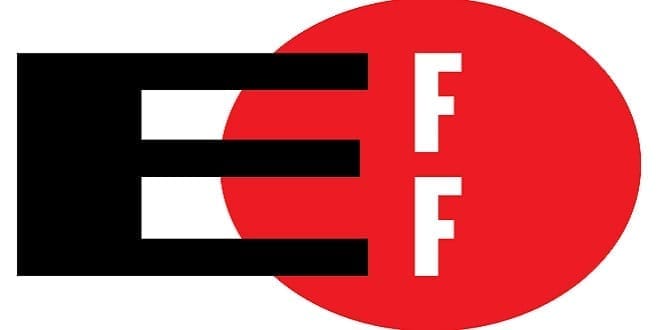The Electronic Frontier Foundation (EFF) reports on a bill being considered by the state legislature of Maryland, which would protect the rights of consumers to post negative reviews of products online, despite sneaky clauses buried in the contracts. Many businesses are now including gag clauses in their contracts to prevent customers from leaving negative reviews online. This bill is modeled on a similar one that was passed in California in 2014.
This dubious practice is already on shaky legal ground, and the FTC has gone after companies who have used gag clauses to silence negative reviews. On the other hand, individuals who are ignorant of their rights might be intimidated by such clauses and obey them out of fear, even if the clause is unenforceable in court. A law clearly indicating that such contracts are illegal would be a positive step in dealing with this disgusting practice. The EFF is generally supportive of the bill, and in a statement to the Maryland House of Delegates, the EFF stated:
We’ve been following the disturbing trend of vendors burying clauses in their contracts that bar customers from leaving reviews of their products and services. When these cases have gone to trial, courts have reliably sided with the customer; unfortunately, that hasn’t stopped the practice. For every high-profile story of a customer fighting back against this unfair business practice, there are many more stories we’ll never hear: stories of customers who simply gave up under a company’s pressure to pay a fine or delete a review. Because legal gray areas are fertile ground for legal bullying, the law should make it clear that customers have every right to speak their mind, even if a company’s form contract says otherwise.
Despite being generally in favor of the bill, the EFF did have a couple of suggestions for improving it. The bill in its current state only applies to "goods or services that are primarily for personal, household, or family purposes." The EFF sees no reason why the scope should be limited in that way. Secondly, the EFF would like to see the bill address a related practice, where a contract transfers the IP rights of customers' future reviews to the company so they can have them taken down with DMCA claims. A similar law recently passed by the US Senate, but awaiting approval from the House, would ban both practices.
Is this law a step in the right direction for consumer rights? Leave your comments below.







